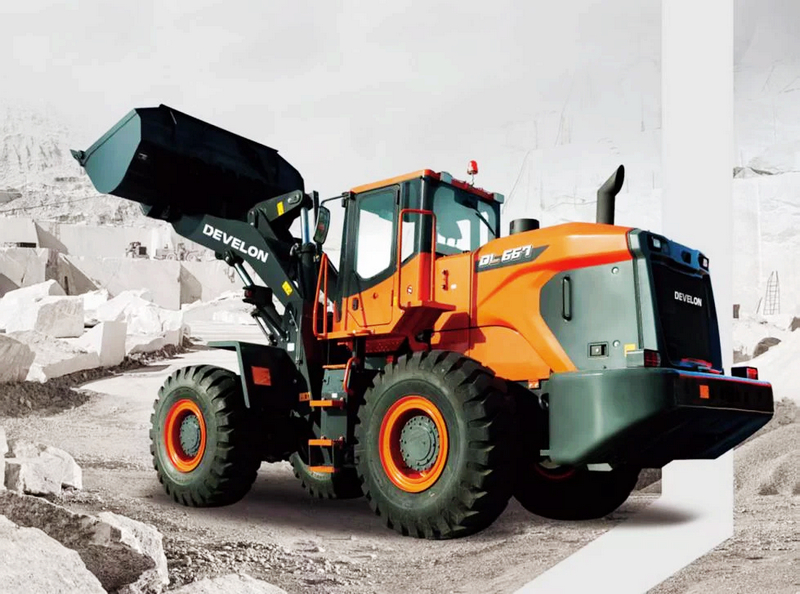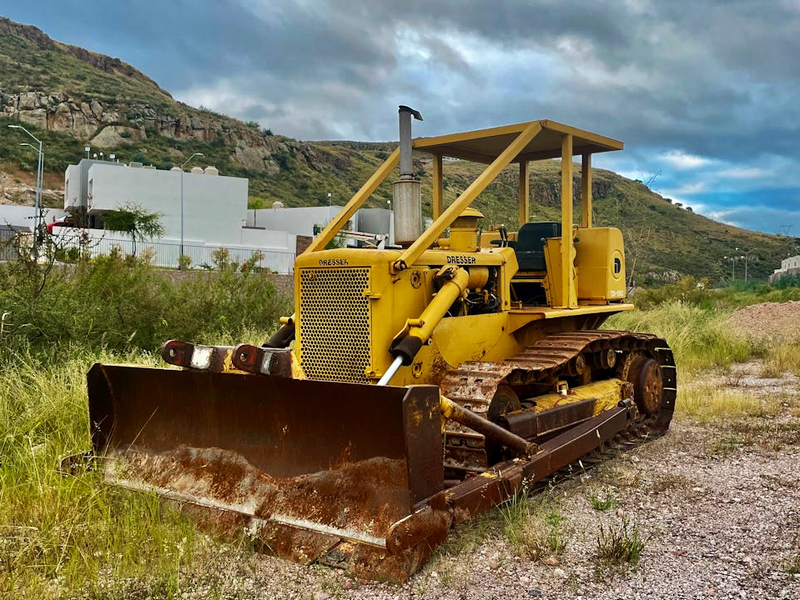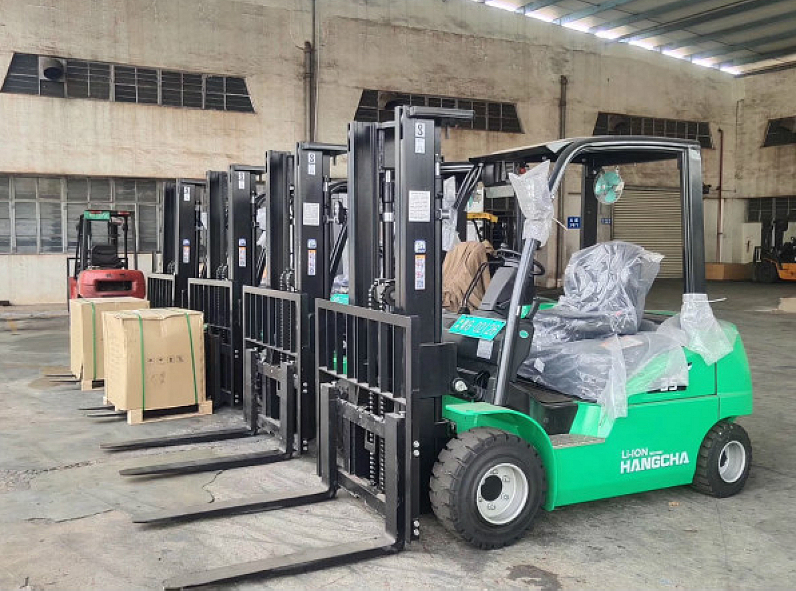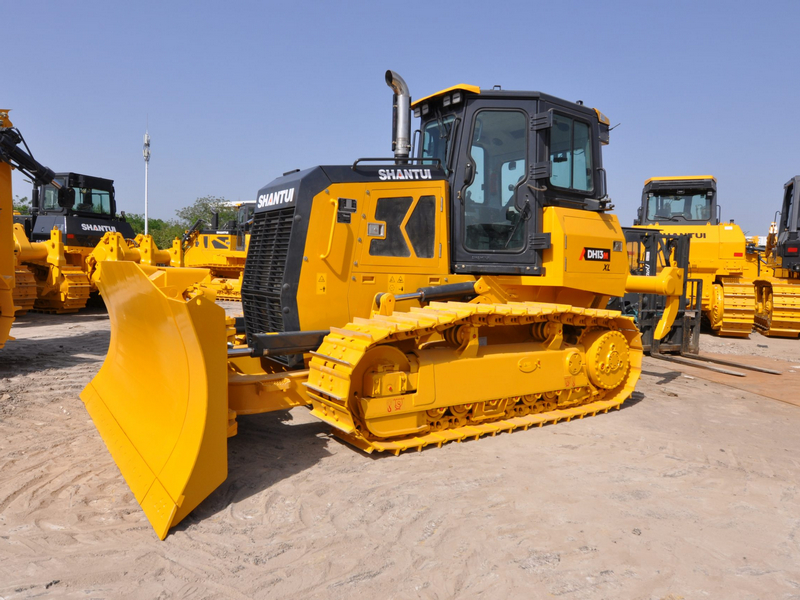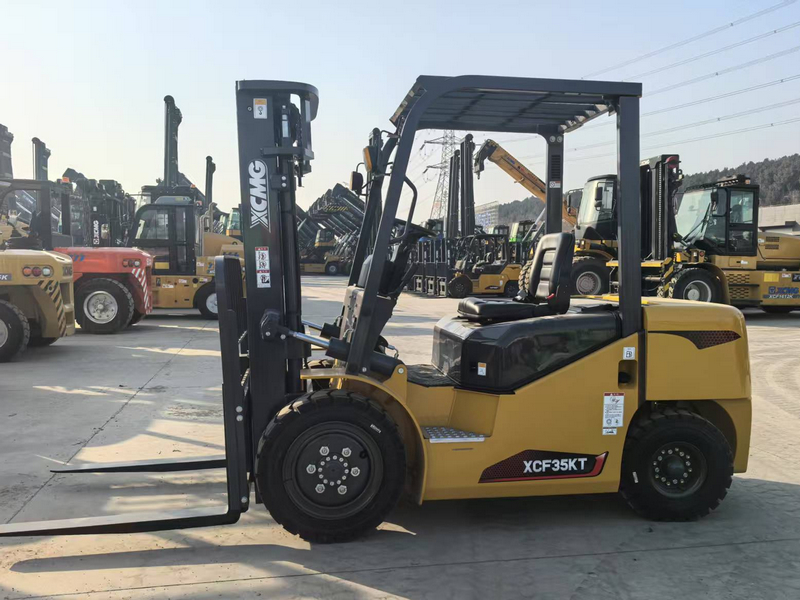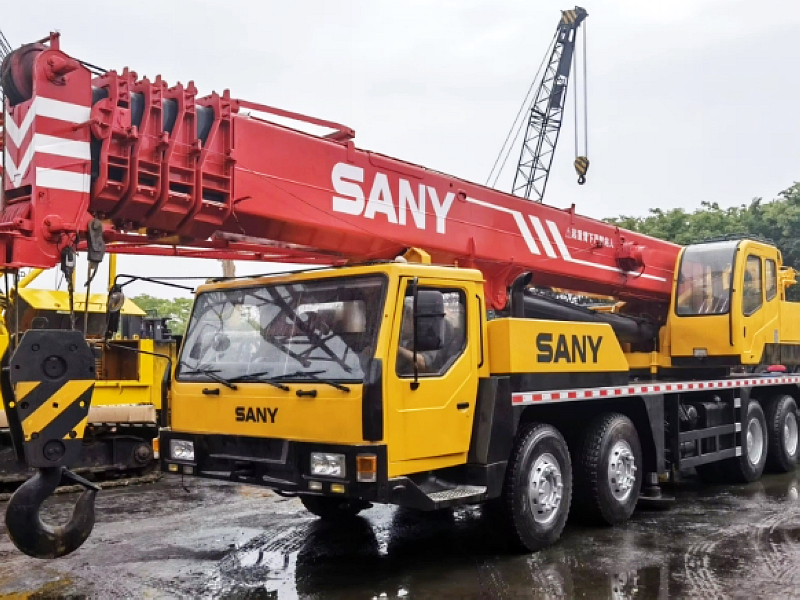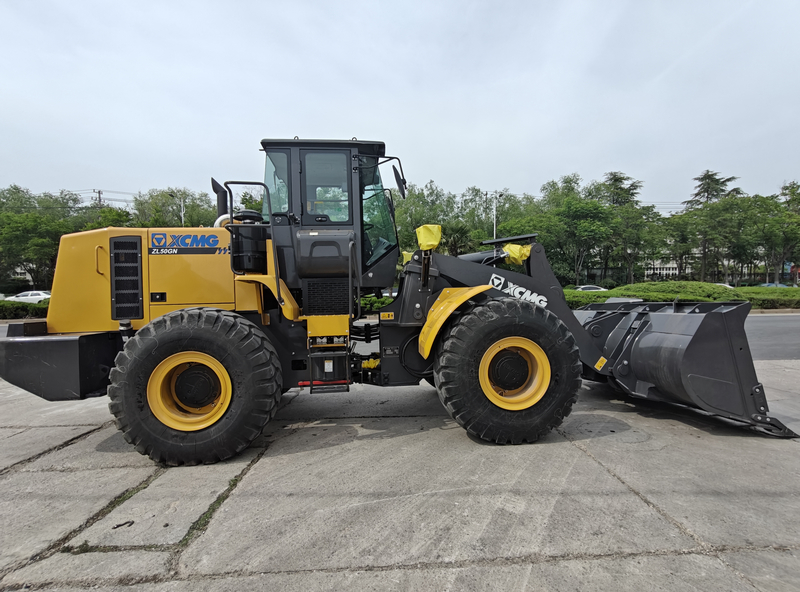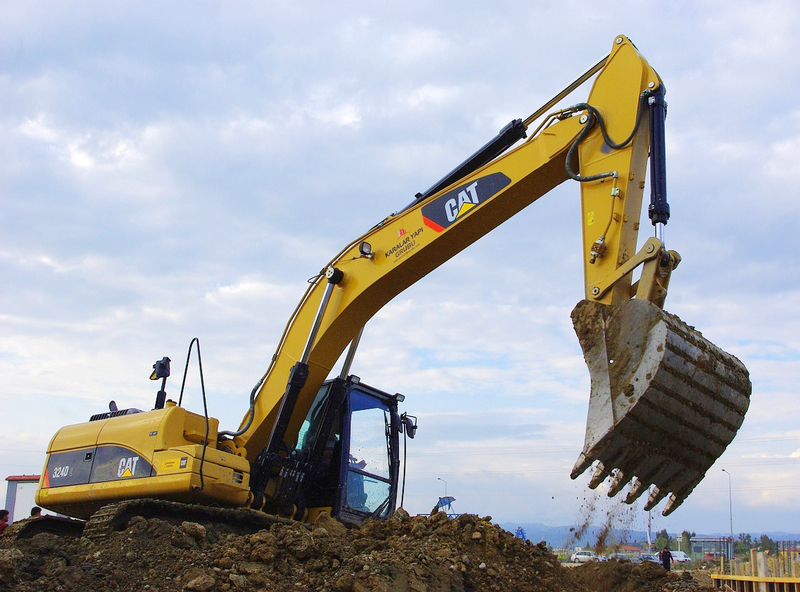In the daily operation of construction machinery, the stability of the hydraulic system directly impacts the overall construction efficiency and service life of the equipment. Addressing the hydraulic oil leakage issues that occur in some excavators during prolonged high-intensity operations, we have summarized a set of scientific and practical troubleshooting and repair methods to provide reference guidelines for equipment management and maintenance.
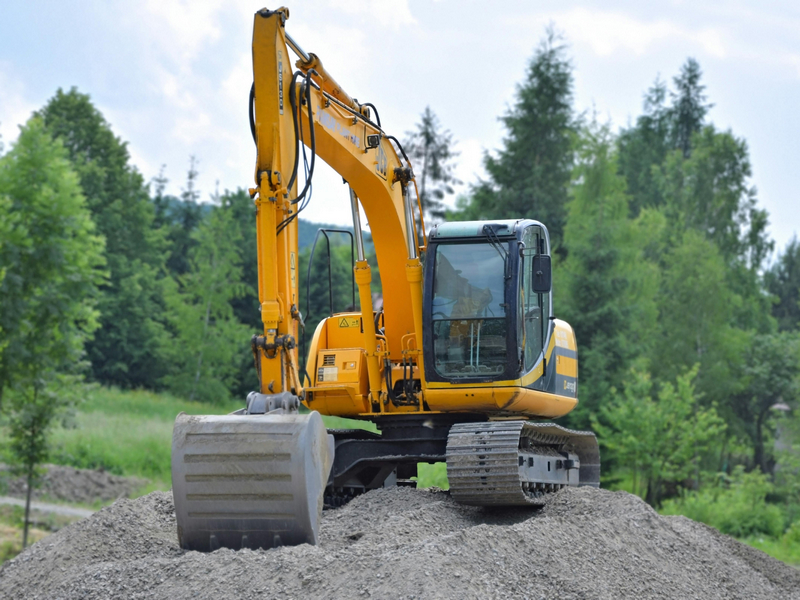
First, when investigating the causes of oil leakage, focus should be placed on three key areas: fasteners, seals, and hydraulic oil quality.
During fastener inspections, thoroughly examine all hydraulic lines, fittings, and connecting bolts for looseness or improper installation, ensuring all fasteners are securely tightened. Subsequently, locate leak points through visual inspection and wiping tests, with particular attention to critical components like filters, distributors, and pressure regulators to accurately pinpoint the source of leakage. Seals represent another common vulnerability. If O-rings or gaskets show signs of aging, wear, or deformation, they must be replaced immediately. Concurrently, the condition of the hydraulic fluid warrants close attention. Should contamination, degradation, or exceeding the recommended service life be detected, the fluid should be replaced promptly, adhering strictly to the manufacturer's specified replacement procedures.
Regarding repair steps, it is advisable to implement corrective actions sequentially based on the diagnostic findings. For loose or damaged fasteners, use appropriate tools to tighten or replace them. For leaking components like filters, pressure regulators, or flow dividers, strictly follow manufacturer specifications for replacement and installation. During seal replacement, ensure sealing surfaces remain clean and that components are installed correctly. Additionally, when changing hydraulic fluid, thoroughly clean the reservoir and lines to prevent secondary contamination from contaminants.
To prevent recurring issues, implementing scientific preventive measures is equally critical. Conduct regular hydraulic system inspections and maintenance using professional diagnostic tools to enhance accuracy. Select high-quality hydraulic oil meeting equipment manufacturer standards, strictly avoiding substandard or expired products. Maintain cleanliness of both equipment and work environments, preventing dust and contaminants from entering the system during disassembly/assembly operations to extend hydraulic component lifespan.
Through systematic troubleshooting and standardized maintenance procedures, the operational reliability of excavator hydraulic systems will be significantly enhanced. Scientific maintenance methods not only reduce equipment failure rates and maintenance costs but also provide robust safeguards for construction safety and project efficiency, laying a solid foundation for the long-term stable operation of the equipment.
-
CATERBE Celebrates Christmas with a Cozy Afternoon Tea Gathering2025 / 12 / 25
-
CATERBE Group Halloween Outing Day2025 / 10 / 31
-
CATERBE One Year Anniversary, Go Further Together2025 / 07 / 01
-
CATERBE Visited Wuyuan, Went to the Poetic Journey2025 / 06 / 05
-
CATERBE 2025 Annual Meeting: Gathering Together to Move Towards Brilliance2025 / 01 / 17
-
CATERBE Celebrates Christmas with Endless Joy2024 / 12 / 25
-
CATERBE's Housewarming Celebration2024 / 11 / 11
-
2025 Infrastructure Report Released: Strong Momentum Across China2026 / 01 / 20
-
China’s Largest Exported All-Terrain Crane Sets Sail Again2025 / 12 / 18
-
ZOOMLION Empowers Chinese Cranes to Go Global2025 / 11 / 24
-
YTO Group Appears at ICE&PE 20252025 / 11 / 14
-
New Electric Power! LGMG Makes a Splash at LogiMAT Southeast Asia2025 / 10 / 20
-
XCMG Crane Wins Prestigious Asian Award2025 / 10 / 11
-
ZOOMLION's Self-Developed Power Batteries Successfully Pass New National Standard Tests2025 / 09 / 15




